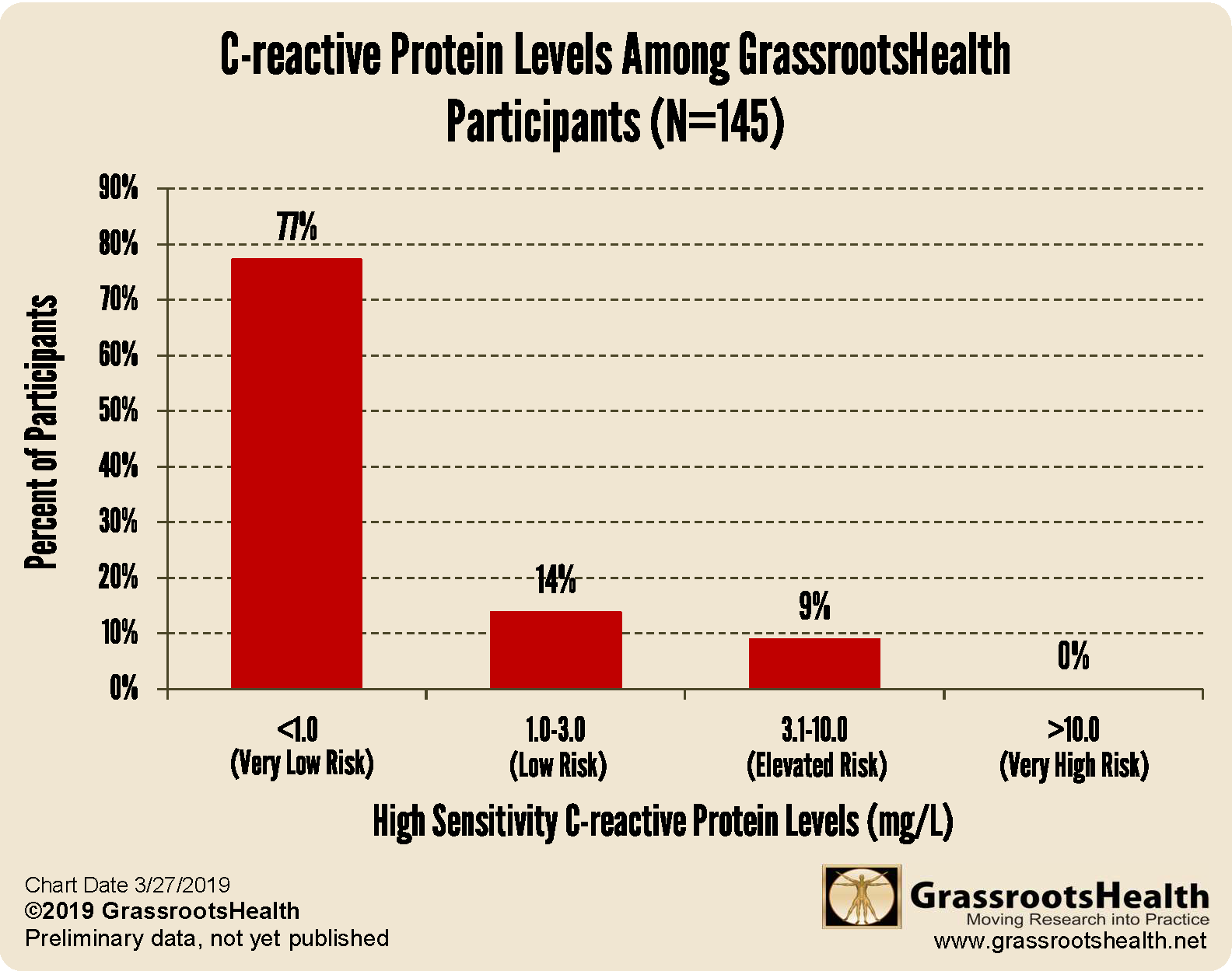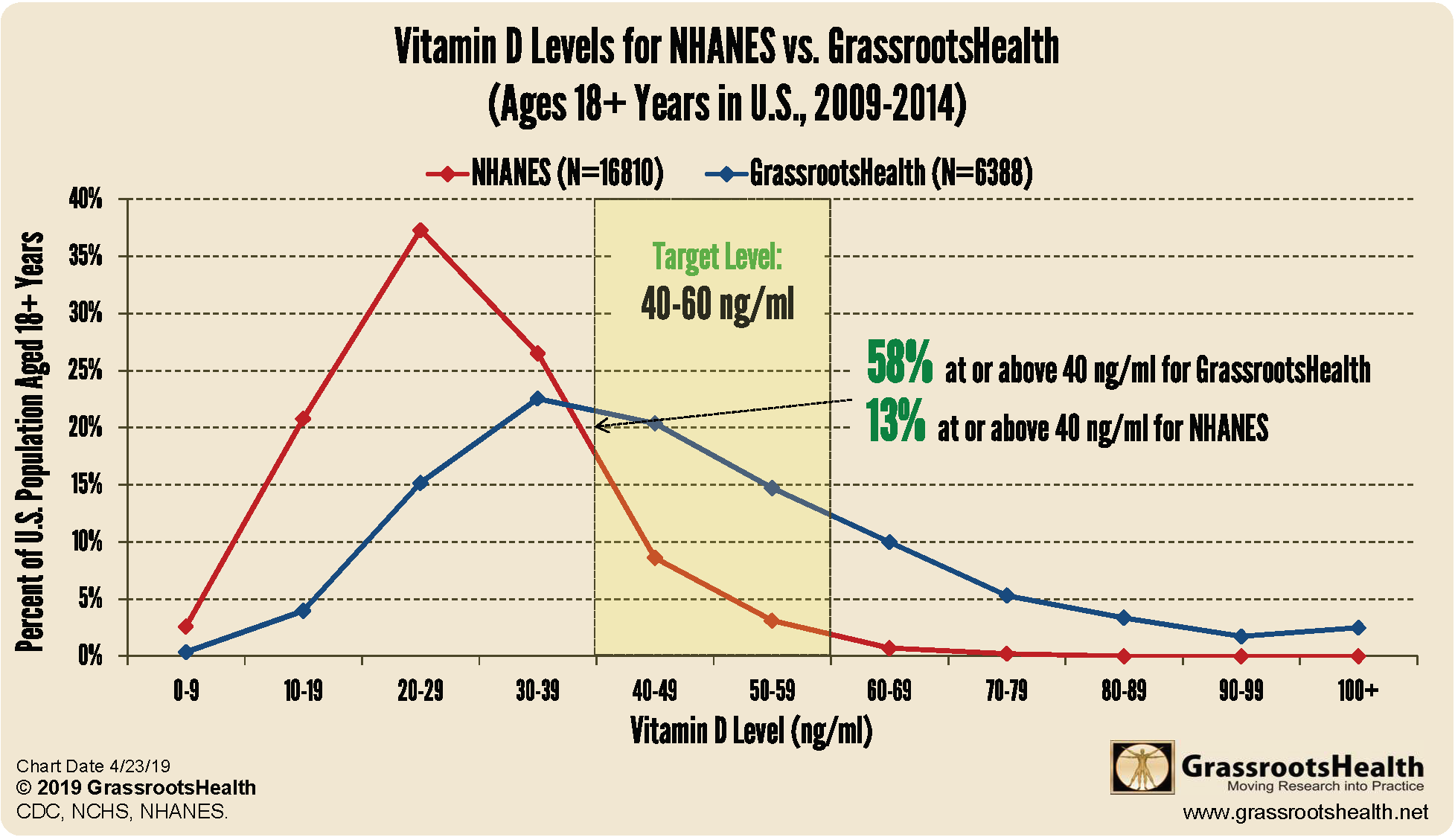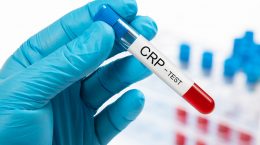Published on June 14, 2019
Chronic, low-level inflammation has been linked to a number of chronic diseases including cardiovascular disease, dementia, and diabetes. The higher the inflammation levels, the higher the risk of developing chronic disease.
Multiple studies have also found a direct correlation between levels of inflammation and mental health. In a previous blog, we reviewed a study assessing the effects of chronic inflammation on cognitive health, where higher levels of C-reactive protein (CRP) were related to an increase in cognitive decline.
Meta-Analysis of Vitamin D Supplementation for Diagnosed Mental Disorders
 Mental disorders, such as depression, anxiety, substance abuse, and schizophrenia, have been associated with chronic inflammation as well as vitamin D deficiency. A paper by Jamilian et al., published in the journal Progress in Neuropsychopharmacology & Biological Psychiatry, reviewed the research available on inflammation, mental health, and vitamin D in patients diagnosed with psychiatric disorders. The findings of this meta-analysis, which involved 9 randomized controlled trials and a total of 1348 participants with a current diagnosis of a psychiatric disorder, showed a significant reduction in depression (as measured by the Beck Depression Inventory) and improved quality of sleep (as measured by the Pittsburgh Sleep Quality Index) after vitamin D supplementation. Results also showed a significant reduction in CRP following vitamin D supplementation.
Mental disorders, such as depression, anxiety, substance abuse, and schizophrenia, have been associated with chronic inflammation as well as vitamin D deficiency. A paper by Jamilian et al., published in the journal Progress in Neuropsychopharmacology & Biological Psychiatry, reviewed the research available on inflammation, mental health, and vitamin D in patients diagnosed with psychiatric disorders. The findings of this meta-analysis, which involved 9 randomized controlled trials and a total of 1348 participants with a current diagnosis of a psychiatric disorder, showed a significant reduction in depression (as measured by the Beck Depression Inventory) and improved quality of sleep (as measured by the Pittsburgh Sleep Quality Index) after vitamin D supplementation. Results also showed a significant reduction in CRP following vitamin D supplementation.
Within the 9 studies there were 11 supplementation intervention groups (and associated controls) of which 7 received 50,000 IU either weekly or every 2 weeks. While serum vitamin D levels were not included in this analysis, a high prevalence of vitamin D deficiency has been documented in the two countries where the included studies were conducted, Iran and China.
A Review of hsCRP and Vitamin D Levels among GrassrootsHealth Participants
Included in our Inflammation Panel, the CRP test uses an assay called hs-CRP, where “hs” means high sensitivity, to detect small elevations in CRP. Evidence suggests that levels below 1.0 mg/L indicate very low risk of cardiovascular disease, levels between 1.0 and 3.0 mg/L indicate low risk, and levels between 3.1 and 10 mg/L indicate elevated risk (levels above 10 mg/ L are very high, more likely indicating an acute inflammatory event due to infection or trauma).
The chart below shows the CRP levels among the first 145 GrassrootsHealth participants to take the test. More than three quarters (77%) have CRP levels <1.0 mg/L.
Since 2009, new D*action participants have maintained an average vitamin D level around 44 ng/ml. As a self-selected group, D*action participants have always had a higher average vitamin D level than the general population, which in the US is around 25 ng/ml. The chart below compares the vitamin D levels for adult GrassrootsHealth participants residing in the United States to those from NHANES from 2009 to 2014. The average vitamin D level in the GrassrootsHealth cohort was 43 ng/ml compared to 28 ng/ml in the NHANES sample (108 vs. 69 nmol/L). The percent with a vitamin D level at or above 40 ng/ml was more than four times higher in the GrassrootsHealth cohort compared to the NHANES sample (58% vs. 13%).
Could higher vitamin D levels in the GrassrootsHealth cohort be positively affecting levels of inflammation and hsCRP, and contributing to lower rates of chronic disease? At this point, we have not tracked the correlations with your tested hsCRP levels and any health outcomes, nor correlations with nutrients. Your ongoing participation in this project will contribute greatly to everyone’s knowledge about these relationships. We will continue to track the information and report back to you about what we see. At this point, we still need hundreds more participants to reach meaningful conclusions. Keep up the good work!
How do I know if my vitamin D levels are supportive of lower inflammation and better mental health?
What is your vitamin D level, and what is your hsCRP level? Make sure your vitamin D level is in the target range of 40-60 ng/ml (100-150 nmol/L), and your hsCRP is below 3.0 mg/L. Find out your levels today! Log on to the shop (click the link below) to get your tests and see for yourself if your levels can be improved.
Make sure you track your results before and after, about every 6 months!
Click Here to Access the Shop Page
How can I track my vitamin D and hsCRP levels?
To help you track your levels of vitamin D, hsCRP, and other health measures, GrassrootsHealth has created an online tracking system called myData-myAnswers. You can track any of your supplemental and dietary nutrient intakes to see how they impact your levels and overall health. Check it out today!









